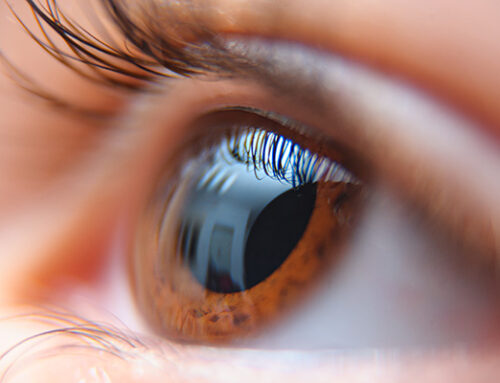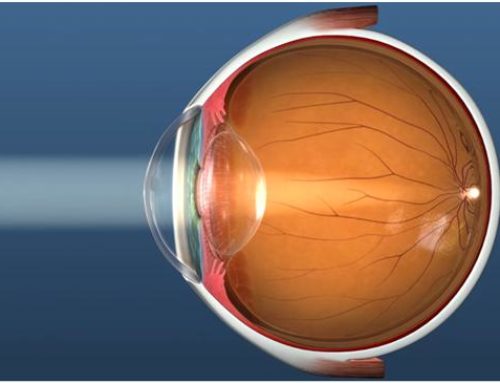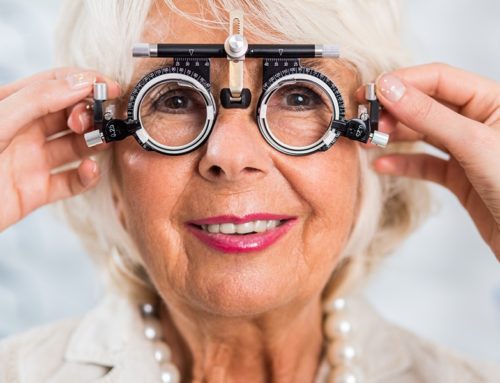Dry eyes are uncomfortable, and can be caused by many different things. Certain lifestyle factors may impact your risk factor for dry eyes, and talking with a Chicago eye doctor can help you to identify steps that can be taken to reduce the dryness in your eyes. Risk factors for dry eyes include:
Medications: Using certain types of medications may cause your eyes to dry out. These medications may include things such as birth control, antihistamines, anti-depressants, nasal decongestants, blood pressure medications, and tranquilizers.
Infrequent Blinking: Some activities may decrease the frequency of blinking, which can lead to dry eyes. These activities include things such as using the computer, playing video games, or looking at a screen for too long.
Autoimmune Disorders: Certain autoimmune diseases may increase a person’s risk for dry eyes. Examples of these autoimmune disorders include lupus, rheumatoid arthritis, and Sjogren’s syndrome.
Eye Inflammation: Chronic eye inflammation may lead to dry eyes. The inflammation can occur from things such as tobacco smoke exposure, infection, eye diseases, chemical exposure, or drafts from indoor HVAC systems.
Age: Older people are more likely to have dry eye problems, although dry eyes can occur to people of any age. Women have a higher risk for dry eye problems after menopause.
Other Dry Eye Risk Factors: There are a few other things that might increase your risk for dry eyes, including allergies, homeopathic remedies, excessive vitamin dosages, thyroid disease, eye surgery (such as LASIK), skin diseases near the eye, pregnancy, and glandular diseases.
Eyes should produce tears in order to keep your eye moist and comfortable. If you find that the tears are not consistent enough and result in dry eyes, then you should talk with your Chicago optometrist about options that are available for dry eyes.







